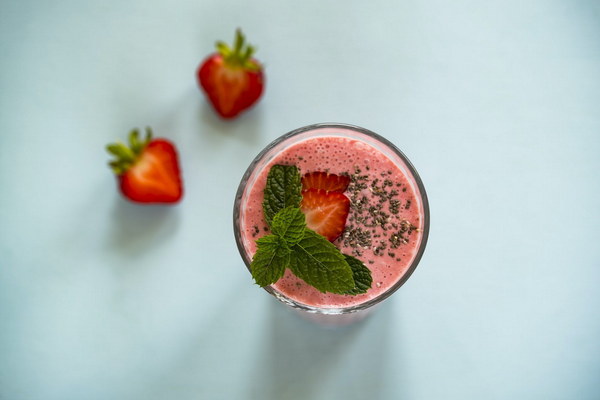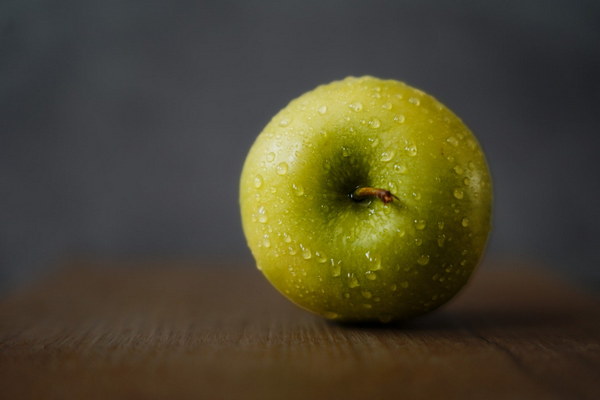Harmonizing Body and Mind The Art of Traditional Chinese Medicine in Modern Health Practices
In the fast-paced world of today, the importance of maintaining a harmonious balance between the body and mind cannot be overstated. Traditional Chinese Medicine (TCM) offers a holistic approach to health and wellness, emphasizing the integration of physical, mental, and emotional aspects. This essay aims to explore the principles and practices of TCM, and how they can be effectively incorporated into our daily lives to promote overall well-being.
The foundation of TCM is rooted in the ancient belief that the human body is an interconnected system, with each part influencing the others. This concept is encapsulated in the famous Taoist saying, “Health is the harmonious flow of Qi (vital energy) throughout the body.” When Qi is balanced, the body is in good health; conversely, an imbalance can lead to disease and illness.
One of the primary methods used in TCM to restore balance is acupuncture, a technique that involves inserting fine needles into specific points on the body. These points are believed to be connected to the body's meridians, which are pathways through which Qi flows. By stimulating these points, acupuncture can help to unblock energy pathways, alleviate pain, and improve overall health.
Another essential component of TCM is herbal medicine. TCM utilizes a wide variety of natural herbs and plants, each with its unique properties and benefits. These herbs are often combined to create personalized formulas that address specific health concerns. For instance, ginger is known for its warming properties and can help to alleviate colds and flu, while ginseng is renowned for its ability to boost energy and enhance vitality.

Meditation and breathing exercises are also integral to TCM, as they help to calm the mind, reduce stress, and improve mental clarity. Practices such as Tai Chi and Qigong incorporate gentle movements and controlled breathing techniques, which not only promote physical health but also foster emotional well-being.
Incorporating TCM into modern health practices can be as simple as adopting a few key principles into our daily routines. Here are some practical tips to help you harmonize your body and mind:
1. Pay attention to your diet: TCM emphasizes the importance of consuming a balanced and nutritious diet that includes a variety of foods. According to TCM, certain foods can help to balance specific organs and improve overall health. For example, eating foods that are warm and grounding can help to balance the spleen and stomach, while cooling and bitter foods can benefit the liver and gallbladder.
2. Practice regular exercise: Incorporating gentle forms of exercise such as walking, yoga, or Tai Chi into your daily routine can help to maintain physical and mental balance. These activities can also enhance your Qi and promote a sense of well-being.
3. Prioritize relaxation and stress management: Make time for relaxation and stress-reduction techniques, such as meditation, deep breathing exercises, or simply spending time in nature. These practices can help to keep your mind calm and focused, reducing the risk of mental and physical health issues.
4. Seek professional advice: If you're interested in exploring TCM further, consider consulting with a qualified TCM practitioner. They can provide personalized advice and treatment options tailored to your individual needs.
In conclusion, the principles and practices of Traditional Chinese Medicine offer a valuable and holistic approach to health and wellness. By incorporating these principles into our daily lives, we can promote a harmonious balance between the body and mind, leading to a healthier and more fulfilling life.









